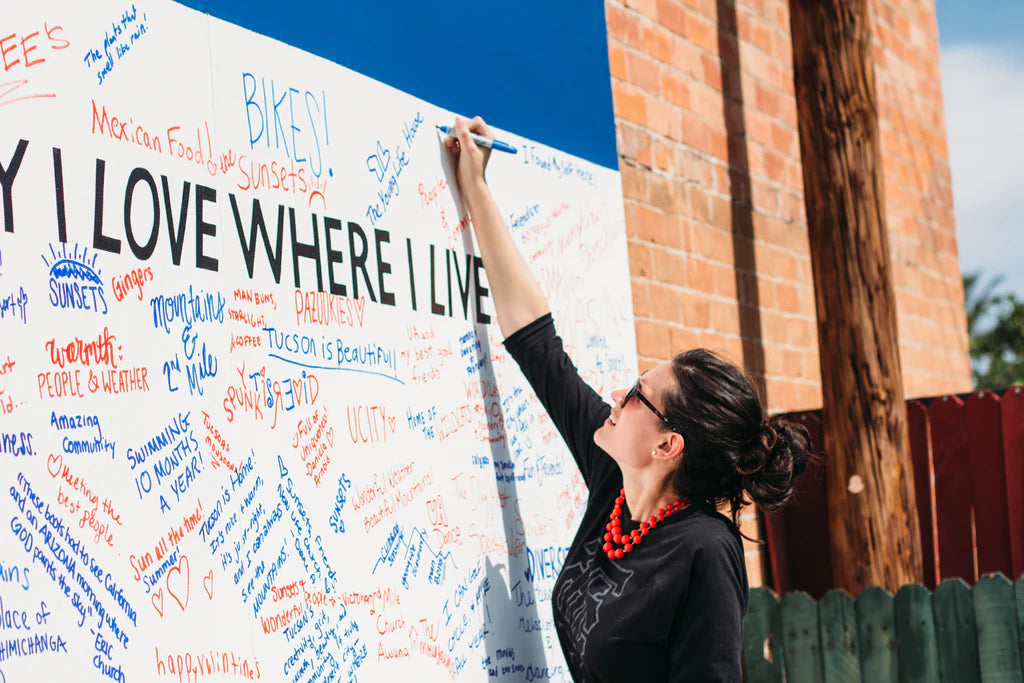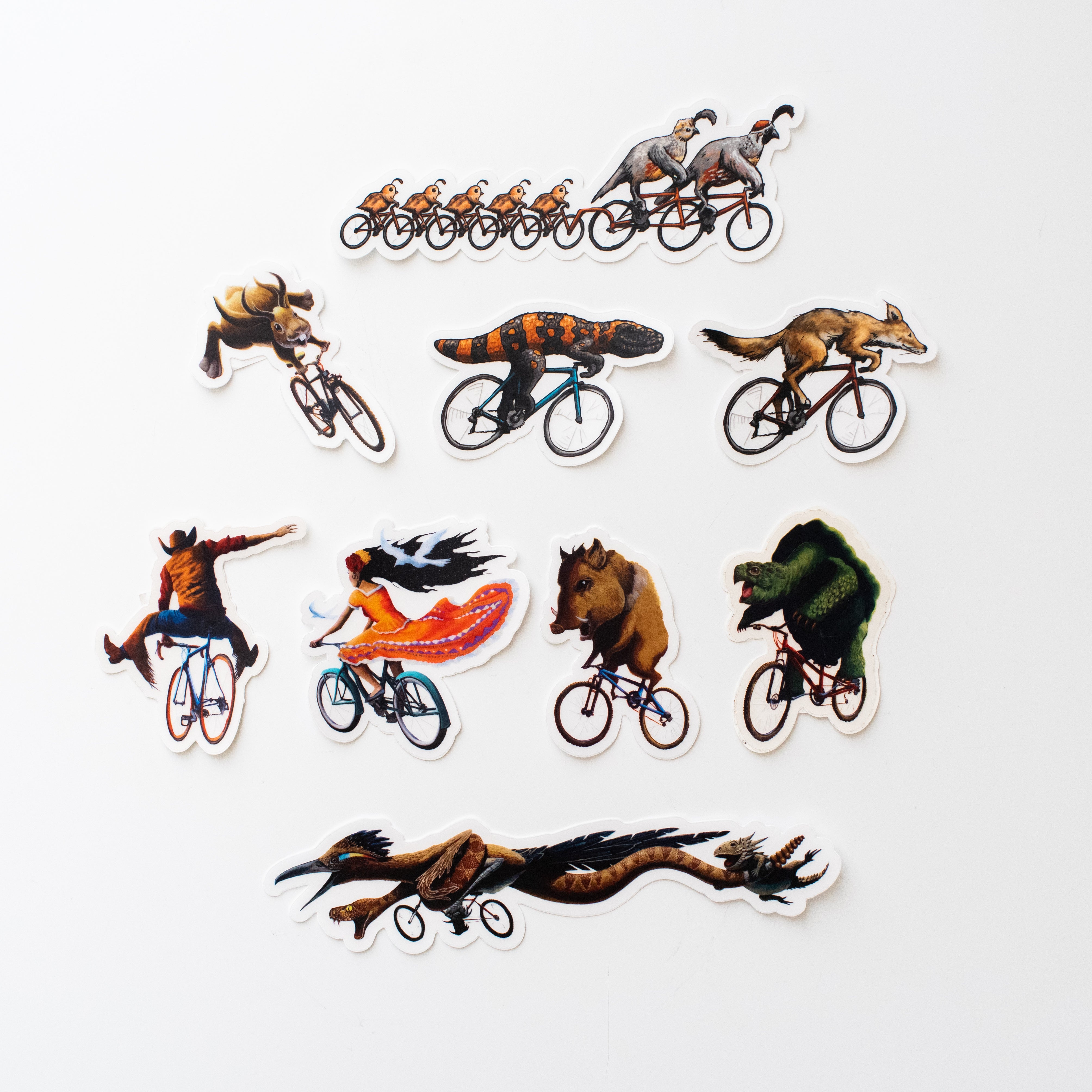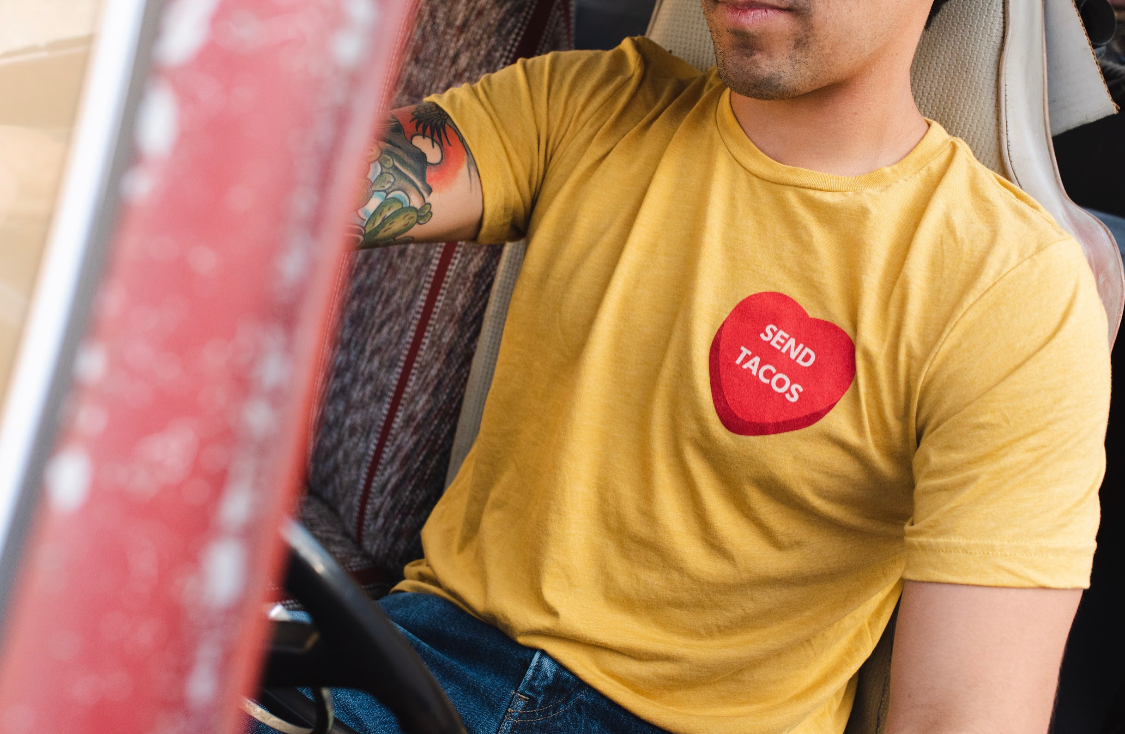In the Shadows of the Freeway: Growing up Brown and Queer
In the Shadows of the Freeway: Growing up Brown and Queer
Out of stock
Raised in an adobe house built by their mother, the author takes readers to a mid-20th century barrio that existed on the social margins of Tucson, Arizona despite sitting a little more than a mile away from the central business district. Born in 1955, and nicknamed La Butch by their family, Lydia Otero knew they were queer the moment their consciousness had evolved enough to formulate thoughts.
In addition to growing up fighting assigned gender expectations, a new freeway greatly influenced formative aspects of Otero's childhood. The author witnessed how the steady expansion of Interstate 10 (I-10) separated and isolated a barrio of brown and poor residents from the rest of the city. Growing up 200 feet from the freeway meant more than enduring traffic noise and sirens for barrio families. It introduced environmental hazards that contributed to the death of family members.
The construction of the freeway also realigned school boundaries. Although able to attend the same schools as white children, the author details how Americanization policies and programs worked to racialize and separate brown students such as Otero as late as 1961.
This book, which combines personal memoir and family history with historical archives, offers more self-disclosure than Otero's previous works, as the author's experiences of childhood take center stage. Otero reveals the day-to-day survival mechanisms they depended upon, the exhilaration of first love and the support the author received from key family members as they tried to gain a sense of belonging in a world mired in dislocation.
Couldn't load pickup availability
Shipping & Returns
Shipping & Returns
Read about our policies here.
Share this product

What began as a gratitude practice now guides everything we choose to carry.
What We Strive For
What We Strive For
Every item in our shop is selected with intention. We work with makers and brands who care about quality, craft, and community as much as we do. Our goal isn’t to chase trends, but to offer pieces that feel good to give, receive, and keep for years.
Rooted in Place
Rooted in Place
We’re inspired by the people, stories, and landscapes that make Arizona special. The products you find here come from creators who share that same appreciation and put heart into what they make. We choose pieces that celebrate connection, creativity, and a sense of home.
Curated with Care
Curated with Care
We spend time getting to know the makers behind the items we carry and choose products we believe add something meaningful—whether that’s joy, usefulness, or a spark of inspiration. We do our best to support thoughtful craftsmanship and responsible production whenever possible.
Our Commitment
Our Commitment
We aim to offer items that reflect the values behind Why I Love Where I Live: gratitude, creativity, and community care. While every maker works differently, we choose to partner with those who prioritize quality and authenticity in their craft.








